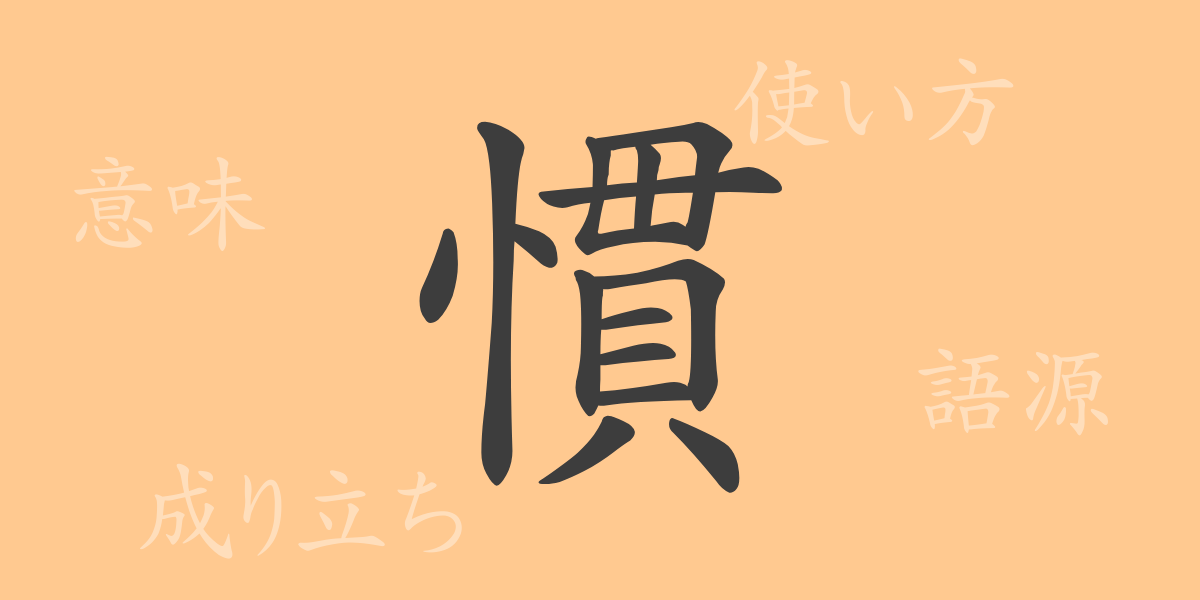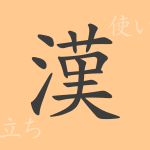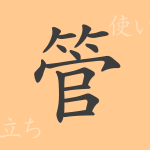Japan’s character culture is rich, with kanji at its core. Each kanji character carries a deep meaning and history, and their use is intricately connected to our daily lives. In this article, we’ll shine a spotlight on one of the commonly used kanji, “慣” (kan), exploring its origins, meaning, usage, as well as familiar phrases and idioms that include it. Let’s rediscover the beauty and depth of the Japanese language through the rich world embodied by this single character.
The Origins of 慣
The kanji “慣” originated in ancient China. Initially, it was a combination of the “示” (shi) radical and “串” (kushi), representing the concept of accumulating something in the heart. Over time, it came to mean becoming accustomed to something through repetition, and it is now used to express the concept of “becoming used to” in the kanji-using cultures, including Japan.
Meaning and Usage of 慣
The primary meaning of “慣” is to become accustomed to something; that is, to naturally acquire a state through repetition. It is also used to refer to habits, customs, and practices. In terms of usage, it frequently appears in everyday conversation and writing in forms such as “慣れる” (na-reru), “慣れ” (na-re), and “慣習” (kanshū).
Readings, Number of Strokes, and Radical of 慣
The kanji “慣” has several characteristics:
- Readings: The on’yomi reading is “Kan”, and the kun’yomi readings are “Na-reru” and “Na-rasu”.
- Number of Strokes: “慣” consists of 14 strokes.
- Radical: The radical is “心” (Kokoro) or “忄” (Rissinben), associated with kanji that represent emotions or the mind.
Idioms, Phrases, and Proverbs Using 慣 and Their Meanings
There are many idioms, phrases, and proverbs that include “慣”. Here are some examples along with their meanings:
- 慣習 ( kanshū): Customs and practices naturally formed over a long period.
- 慣行 ( kankō): Usual methods or procedures that are carried out.
- 慣例 (kanrei): Things done according to precedent.
- 慣用句 (kanyōku): Fixed expressions that convey specific meanings.
- 馴染む (naji-mu): Gradually adapting to an environment or group.
These idioms and phrases demonstrate the richness of expression in the Japanese language and reflect the culture and history behind the words.
Conclusion on 慣
While the kanji “慣” is often used unconsciously in our lives, understanding its meaning and background can deepen our comprehension of the Japanese language. This character, which represents habits and customs, symbolizes how we become accustomed to things in our culture and society and how we accept them. The next time you come across “慣” in conversation or writing, remember its profound significance.

























